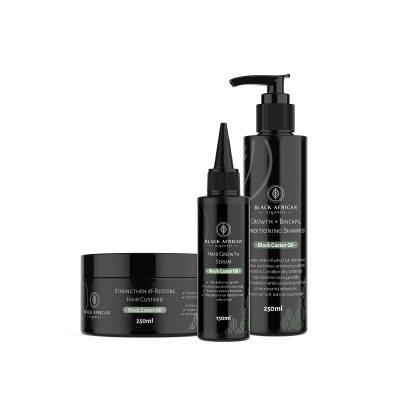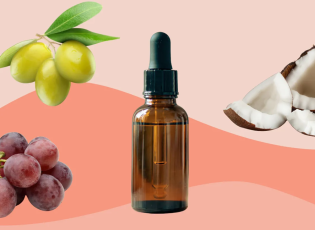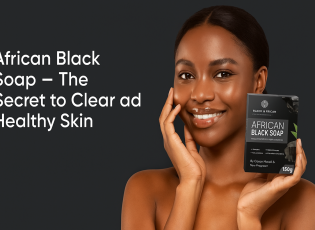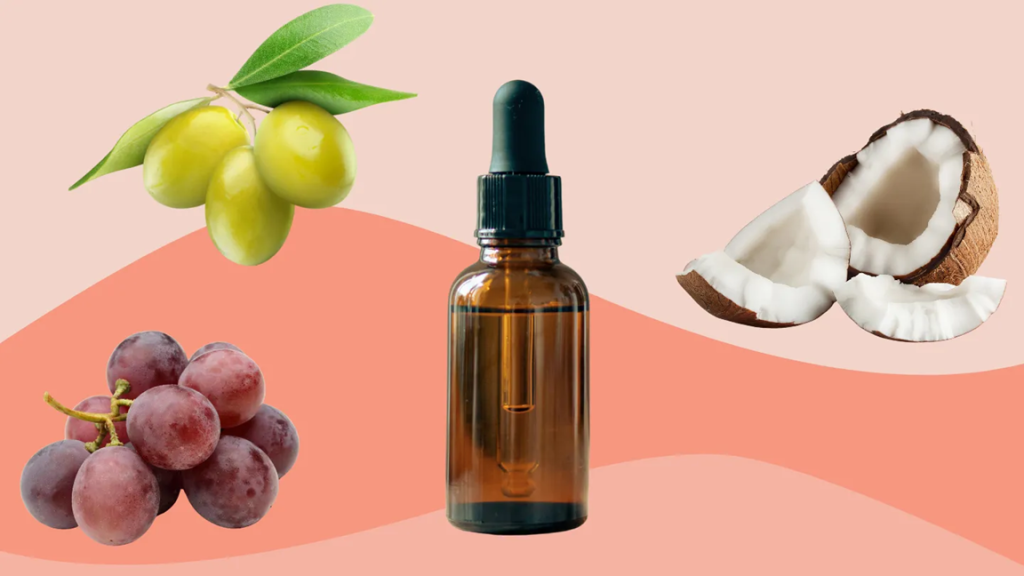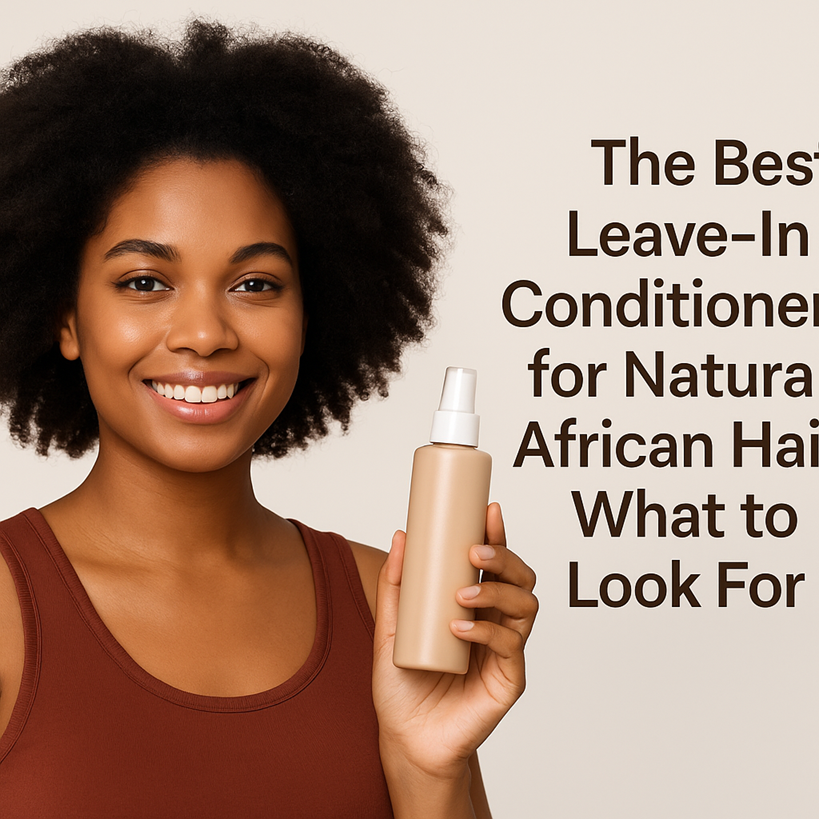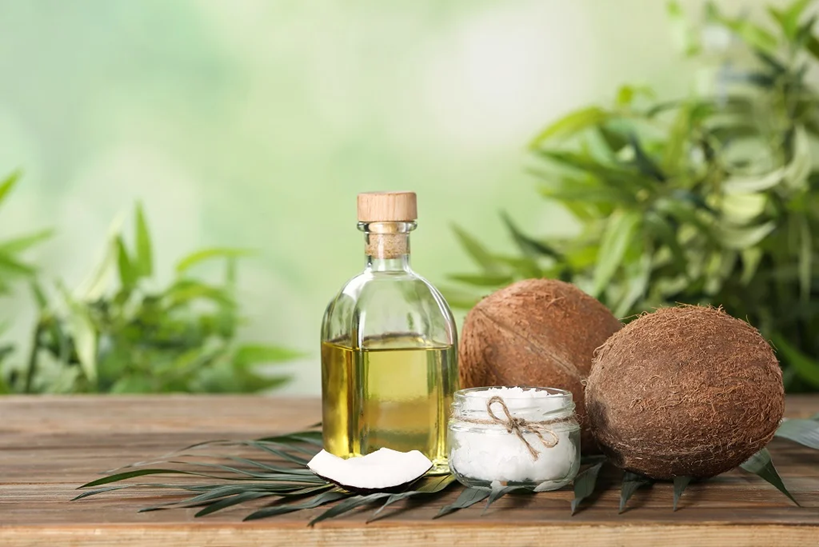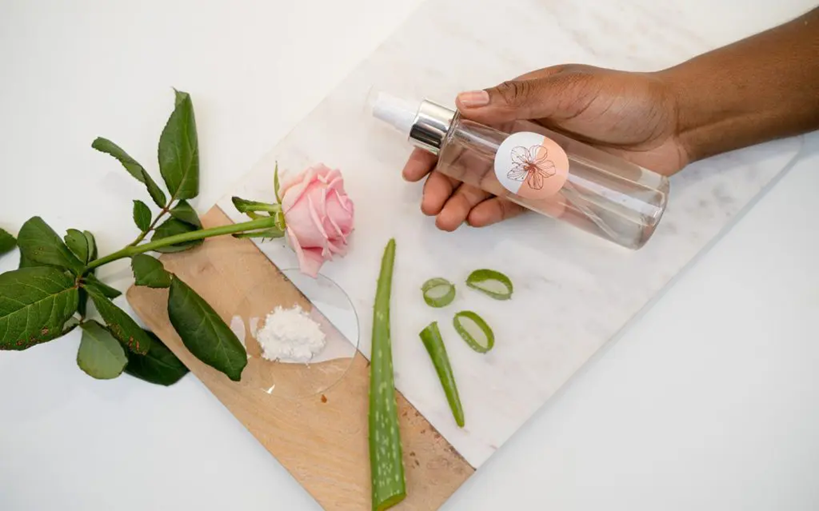Blog
African Black Soap — The Secret to Clear and Healthy Skin
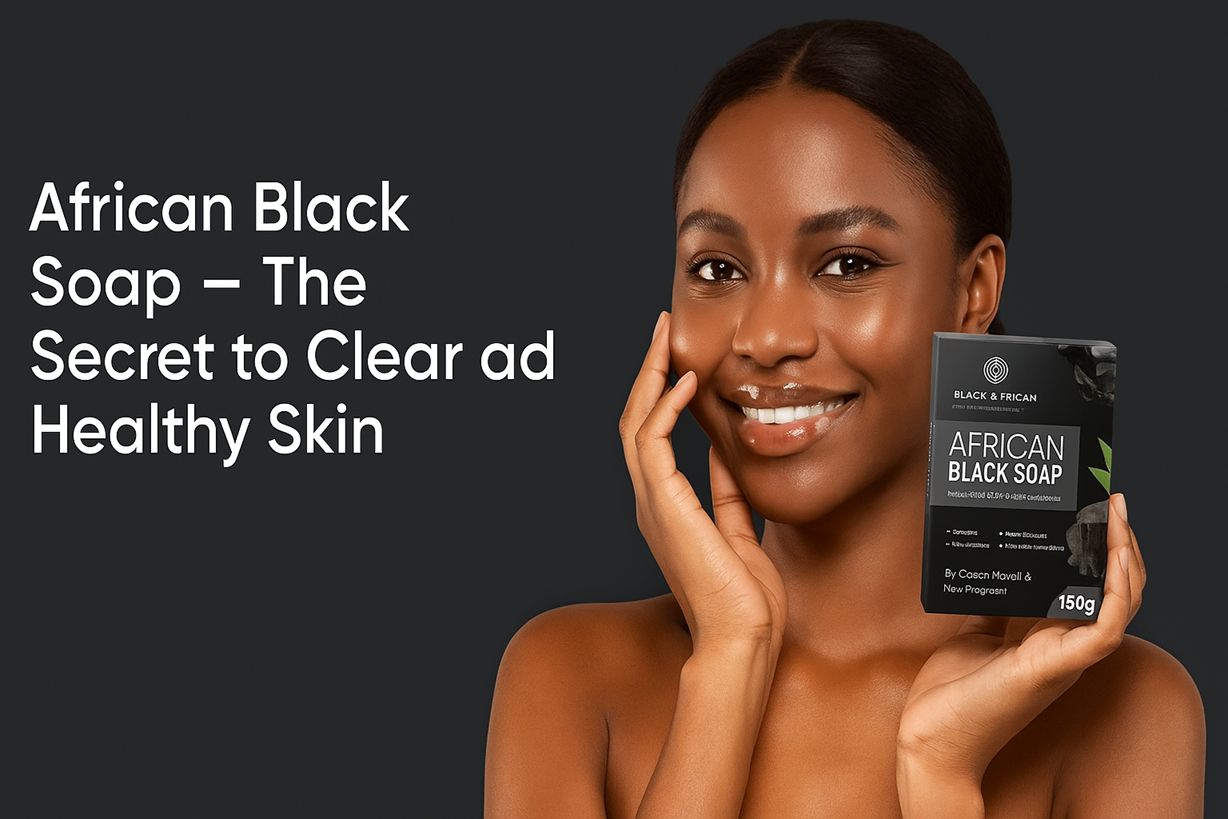
For generations, African black soap has been a trusted beauty secret across the continent — celebrated for its ability to promote clear, radiant, and healthy skin. Handcrafted from natural ingredients like plantain skins, cocoa pods, palm oil, and shea butter, this traditional cleanser gently purifies while nourishing the skin.
Perfect for melanin-rich complexions, it helps combat acne, fade dark spots, and maintain a balanced glow without harsh chemicals. In South Africa, more women are embracing this natural wonder as part of their daily skincare rituals — proving that true beauty begins with authentic, organic African ingredients that honor our roots.
Ingredients That Make It Powerful
What makes African black soap truly remarkable is its blend of nutrient-rich, natural ingredients that work together to cleanse and restore the skin. Plantain skins are packed with iron and antioxidants that gently exfoliate and help fight acne.
Cocoa pods provide anti-inflammatory properties and help even out skin tone. Shea butter deeply moisturizes, strengthens the skin barrier, and soothes irritation, while palm and coconut oils supply essential fatty acids that keep the skin soft and hydrated.
These ingredients are hand-processed using traditional methods, retaining their natural potency. The result is a gentle yet effective soap that purifies, nourishes, and protects melanin-rich skin, leaving it smooth, balanced, and naturally radiant without synthetic additives or harsh chemicals.
Key Benefits for African Skin
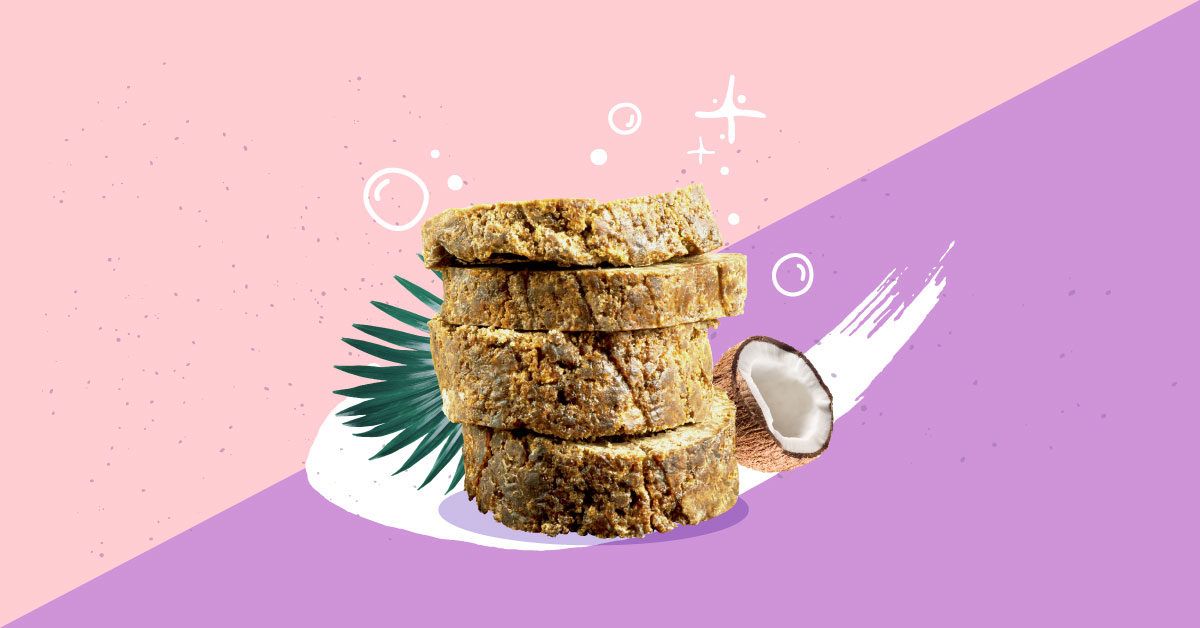
African black soap is a true natural multitasker that has stood the test of time. Its unique blend of ingredients—like plantain skins, cocoa pods, shea butter, and palm oil—makes it especially beneficial for African skin, which tends to be more prone to dryness, hyperpigmentation, and uneven tone.
1. Deeply Cleanses Without Drying
Unlike many commercial soaps that strip away the skin’s natural oils, African black soap provides a thorough yet gentle cleanse. It removes dirt, oil, and impurities while keeping the skin barrier intact, leaving the skin refreshed but not tight or irritated.
2. Helps Combat Acne and Breakouts
Thanks to its natural antibacterial and antifungal properties, black soap helps fight acne-causing bacteria. It unclogs pores, absorbs excess oil, and prevents future breakouts — making it suitable for acne-prone and oily skin.
3. Fades Dark Spots and Evens Skin Tone
African skin is more prone to hyperpigmentation from scars or sun exposure. The antioxidants and vitamin E in black soap help fade dark marks and even out complexion, promoting a smooth, radiant glow.
4. Natural Exfoliation and Skin Renewal
The ash from plantain skins and cocoa pods acts as a gentle exfoliant, removing dead skin cells to reveal brighter, healthier skin underneath. This natural renewal process enhances softness and improves texture.
5. Soothes Sensitive and Irritated Skin
With its combination of shea butter and natural oils, African black soap helps calm inflammation and redness. It’s ideal for sensitive skin, eczema, or razor bumps, restoring comfort and hydration.
6. Anti-Aging and Skin Protection
Packed with vitamins A and E, it protects the skin from environmental stress, boosts collagen production, and helps maintain elasticity—reducing early signs of aging.
In essence, African black soap supports clear, balanced, and glowing melanin-rich skin. It’s a simple, time-tested skincare essential that honors African heritage while providing modern beauty benefits.
How to Use African Black Soap Safely

Using African black soap correctly ensures you enjoy its cleansing and healing benefits without irritating your skin. Because it’s raw and potent, it must be handled with care — especially for sensitive or dry skin.
Start by cutting the soap into smaller pieces to preserve freshness and prevent waste. When using, lather it in your hands or with a soft cloth rather than rubbing the raw bar directly onto your skin, as its texture can be slightly rough. Gently apply the lather to your face or body, massage in circular motions, and rinse thoroughly with lukewarm water.
After cleansing, always follow up with a moisturizer such as shea butter, coconut oil, or aloe vera gel to restore hydration and protect the skin barrier. If you’re new to black soap, use it 2–3 times per week until your skin adjusts, then gradually increase frequency. Avoid contact with eyes and store the soap in a dry, ventilated container to extend its life. Proper use ensures a glowing, even-toned, and healthy complexion naturally.
DIY African Black Soap Cleanser (Homemade Recipe)

Making your own African black soap cleanser at home is a wonderful way to enjoy its benefits while tailoring it to your skin’s unique needs. This gentle, natural recipe helps cleanse, brighten, and nourish melanin-rich skin without harsh chemicals.
Ingredients:
- 1 small chunk of raw African black soap (crumbled or grated)
- 2 tablespoons aloe vera gel (soothes and hydrates)
- 1 tablespoon raw honey (locks in moisture and helps fade dark spots)
- 1 tablespoon rose water or distilled water (for dilution)
- 3–5 drops of tea tree oil or lavender essential oil (optional, for acne-prone skin)
Instructions:
- Place the black soap in a glass container and add the water or rose water. Let it sit for 1–2 hours until it dissolves.
- Stir in aloe vera gel and honey, mixing until smooth.
- Add essential oils if desired, then pour into a clean pump bottle.
Use this cleanser 3–4 times weekly. Apply gently to damp skin, rinse well, and follow with a moisturizer like shea butter or marula oil. It helps balance oils, fade blemishes, and reveal glowing, healthy African skin naturally.
Recommended African Black Soap Brands in South Africa

Here are some recommended African black soap brands you can find in South Africa (or order online), known for good quality and natural ingredients:
- Orobaa African Black Soap (125 g): Sourced directly from Ghana artisans, this detoxifying soap helps cleanse skin, remove impurities, and reduce pore build-ups.
- Standard Beauty African Black Soap: A handmade, 100% natural bar that foams into a rich lather. It’s designed to treat breakouts, balance oily skin, and brighten dark skin while preserving the skin’s natural oils.
- Alaffia Authentic African Black Soap (Unscented All-in-One): A gentle, fragrance-free version that works for face, body, and hair. Good for sensitive skin types.
- Pure Indigenous African Black Soap (locally produced): A South African favorite for its simplicity, organic sourcing, and minimal processing — often sold at health stores and markets.
When selecting a black soap, look for versions that are chemical-free, minimally processed, and that use natural botanicals. These options help ensure your skin stays balanced, clear, and healthy.
How to Pair It with a Natural Skincare Routine

To get the best results from African black soap, pair it with a consistent natural skincare routine that nourishes and protects your skin. After cleansing with black soap, apply a hydrating toner such as rose water or aloe vera mist to balance pH and soothe the skin. Follow with a lightweight moisturizer like shea butter, coconut oil, or marula oil to seal in hydration and strengthen the skin barrier.
For added glow, include a few drops of vitamin C serum in your morning routine and always finish with sunscreen, even for melanin-rich skin. At night, use nourishing oils and gentle exfoliation 1–2 times a week. Combined with a balanced diet and hydration, this routine keeps your skin clear, supple, and naturally radiant.
Choose Black African Organic Black Soap — Pure, Traditional, and Proudly African
At Black African, we preserve the heritage of authentic African beauty through our handcrafted organic black soap, made using plantain skins, cocoa pods, shea butter, and pure palm oils. Each bar is lovingly created in small batches, using traditional methods that retain every drop of nature’s goodness.
Our formula gently cleanses, detoxifies, and balances melanin-rich skin — without parabens, sulfates, or artificial fragrance. It helps fade dark spots, control acne, and restore natural glow, all while nourishing and protecting the skin barrier. Suitable for all skin types, including sensitive and acne-prone skin, this is skincare that truly honors your roots.
Proudly made in South Africa, Black African Organic Black Soap is your everyday ritual for clear, radiant, and healthy skin — naturally.
Shop now at www.blackafrican.co.za
FAQs
What makes African black soap good for the skin?
African black soap, traditionally made in West Africa, is packed with plant-based ingredients like palm kernel oil and cocoa pod ash. It offers gentle cleansing and exfoliating properties that help exfoliate dead skin cells, unclog hair follicles, and improve skin texture. Regular use promotes a clearer complexion and helps fade acne scars and sun spots naturally.
Is African black soap safe for all skin types?
Yes, African black soap safe for most people, including those with combination skin or oily areas. It acts as a gentle cleanser that balances oil without over-drying. However, if you have sensitive or dry patches, use a diluted soap and follow up with a moisturizer to prevent skin irritation.
How should I use black soap properly?
Wet your entire face with warm water, create a lather with a soft washcloth, and massage gently in circular motions. Rinse and pat dry. Use a soap dish to keep your bar dry and long-lasting.
What are the benefits of African black soap for skin concerns?
This natural exfoliant provides deep cleansing, helping reduce razor burn, uneven skin tone, and minor skin conditions. Its antimicrobial properties and moisturizing ingredients soothe irritation and support healthy skin, leaving it smoother and more radiant over time.
Conclusion
African black soap is more than a skincare trend — it’s a timeless beauty tradition rooted in Africa’s natural wisdom. Made from pure, organic ingredients like plantain skins, shea butter, and cocoa pods, it offers gentle yet powerful cleansing for melanin-rich skin. Regular use helps prevent acne, fade dark spots, and maintain a smooth, radiant complexion while protecting the skin barrier.
For South Africans seeking affordable, chemical-free skincare, this soap provides a natural path to clearer, healthier skin. Whether used alone or as part of a natural skincare routine, African black soap proves that the best skincare solutions come from nature itself — honoring heritage, sustainability, and the authentic glow that reflects true African beauty.

